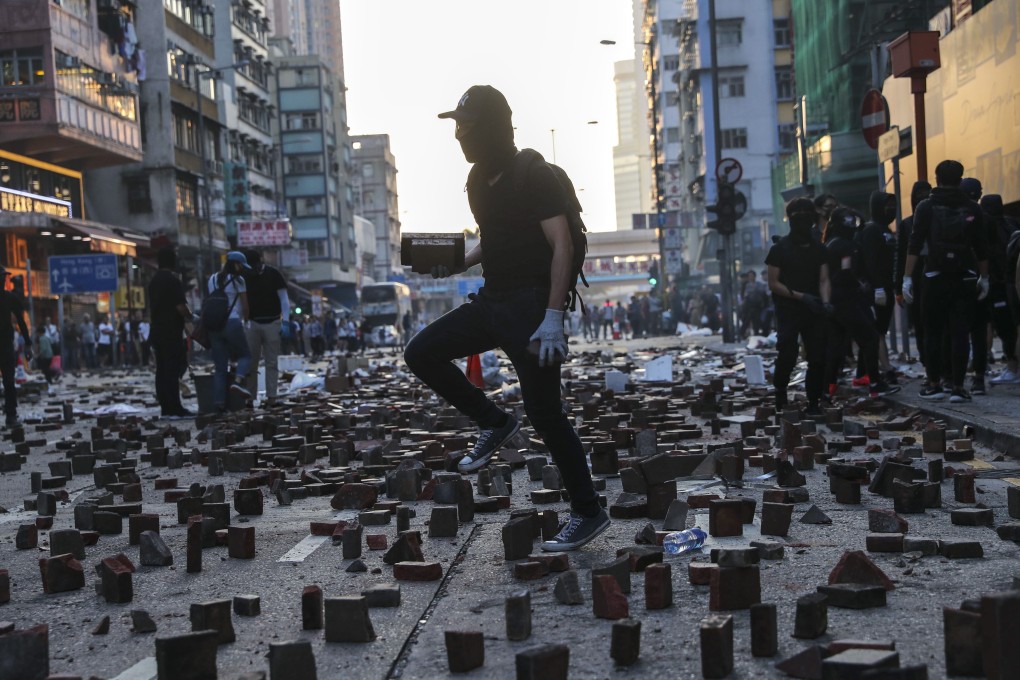Letters | Why the media owe Hong Kong’s arrested young protesters an apology
- The media helped to create a climate that allowed young rioters to feel like warriors for justice, leaving many of them with nothing but a criminal record and regret

People in Hong Kong by and large trusted the media to report on happenings in the city during the anti-extradition protests. Unfortunately, to a large extent, the context, photos and footage steered readers towards a particular end, intentionally or otherwise.
This could be seen as a call for civic awakening among Hongkongers, sending out the message that the “justice warriors” were vulnerable and looking for help. Young readers are the most susceptible. Glorification of protests could see them steered and inspired to participate in the street riots.
On the ground, almost all journalists were seen standing in front of the rioters to capture police actions – effectively barricading the officers. That has led to suggestions that journalists have taken sides, supporting the rioters, and so the young participants in the riots would never feel alone.